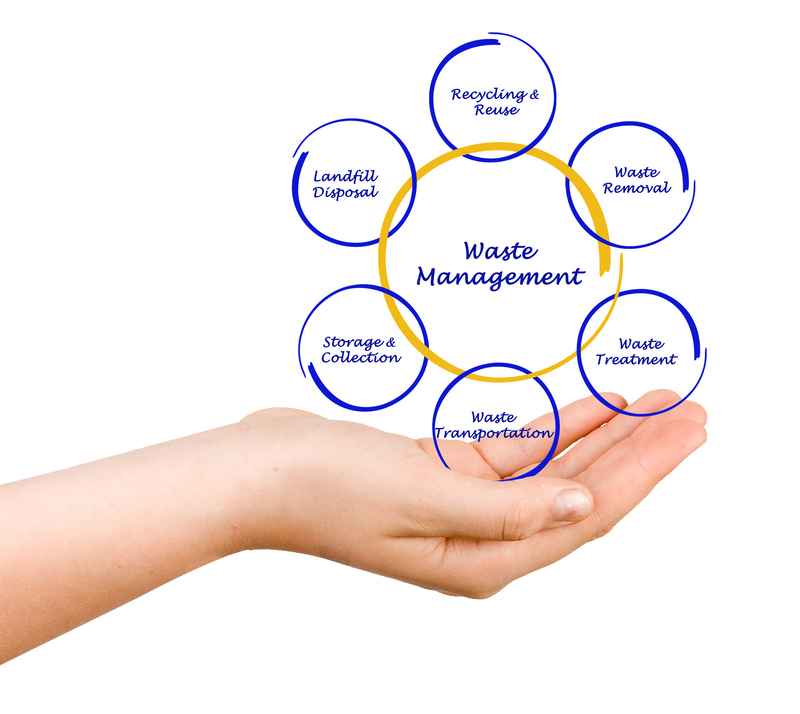Transforming Recycling into a Vital Office Component
Posted on 16/09/2025
In today's world, where environmental concerns are becoming increasingly important, office recycling is no longer just a good idea - it's a necessity. As businesses strive towards sustainability and reducing their carbon footprint, recycling has become an integral part of office management. Not only does it reduce the amount of waste going to landfills, but it also helps conserve natural resources and saves money on waste disposal costs. In this article, we will discuss the benefits of making recycling a vital component of your office and how to effectively implement it.
The Importance of Recycling in the Office
Recycling is critical for preserving our environment and its resources. It involves repurposing materials that would otherwise end up in landfills or incinerators, conserving energy and reducing pollution. By implementing recycling practices in the office, businesses can play a crucial role in protecting the planet for future generations.
Not only does recycling benefit the environment, but it also has significant financial advantages. By minimizing waste output, businesses can save on waste management costs while also creating new revenue streams through selling recyclable materials. This can lead to increased profits and a more sustainable business model.

Effective Recycling Practices for Offices
To successfully incorporate recycling into an office setting, here are some tips to consider:
1. Conduct a waste audit: Before implementing any recycling initiatives, start by assessing your current waste production. A waste audit can help identify areas where you can reduce or recycle more efficiently.
2. Educate employees: Employee engagement is crucial for successful recycling in the office. Train them on what items are recyclable, how to properly sort and dispose of them, and why it is essential to recycle.
3. Make recycling convenient: Placing clearly labeled bins throughout the office makes it easier for employees to sort their waste correctly. Consider placing bins next to printers and copiers to collect paper waste or in break rooms for food packaging.
4. Partner with a recycling company: Contact your local recycling facilities to find out what materials they accept and how they prefer them to be sorted. You can also partner with a private recycling company that will handle all your waste management needs.
5. Go digital: One of the best ways to reduce office waste is by going paperless. Use online platforms for document sharing and communicate through email instead of printing out memos and notices.
The Pros and Cons of Office Recycling
Like any other initiative, there are pros and cons to consider when implementing office recycling:
Pros:
- Reduced waste output and associated costs
- Positive impact on the environment
- Potential revenue through selling recyclable materials
- Improved brand image as an environmentally responsible business
Cons:
- Initial costs for setting up recycling infrastructure
- Time and effort required to educate employees and maintain proper sorting
- Limited options for recycling certain items
- Some materials may not be profitable to recycle

Takeaways
By incorporating recycling into your office operations, you can contribute towards a healthier planet while also benefiting your business financially. Remember these key takeaways when considering office recycling:
1. Recycling is crucial for preserving the environment and reducing waste.
2. Proper education and convenient disposal options are essential for successful implementation.
3. Partnering with a recycling company can help streamline the process.
4. Going paperless can significantly reduce waste output.
5. Consider both the pros and cons before implementing a recycling program.
In Conclusion
Implementing recycling in the office is a win-win situation for both businesses and the environment. By following the tips mentioned above, offices can take meaningful steps towards sustainability while also reaping financial benefits. Let's all do our part in transforming recycling into a vital component of office management.
Latest Posts
UK Rubbish Removal: How It Operates
Creative Ideas for Reusing Wrapping Paper










